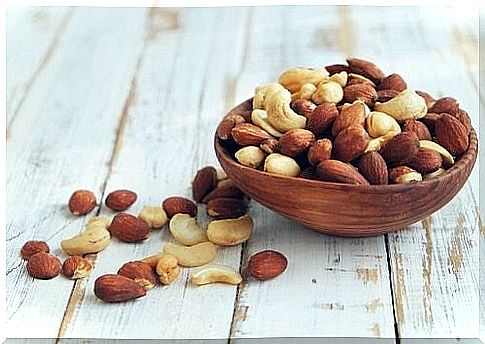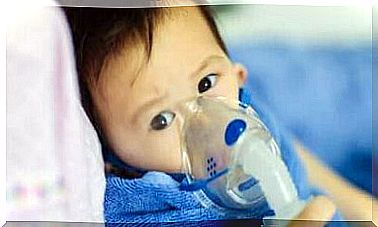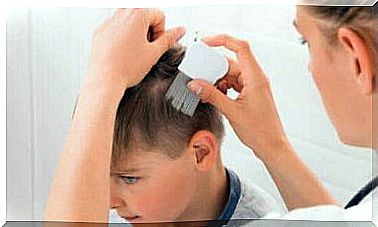Foods You Should Never Give A Baby

According to pediatricians, there are some foods that you should never give a baby. Some of these foods can have a negative effect on your baby and their delicate digestive system. Others may pose a choking hazard.
Meanwhile, there are foods that are best avoided until your child is older as they increase the risk of food allergies.
Whether you are breastfeeding or bottle-feeding, sooner or later you will need to incorporate different foods into your baby’s diet.
As a parent, it is important to be aware of the foods you should never give your baby.
10 foods you should never give a baby
1. Honey
Children under 1 year of age should not consume honey. It may contain harmful bacteria known as clostridium botulinum. This can cause botulism, leading to muscle paralysis and other serious symptoms.
Your child’s immune system is not yet strong enough to fight these dangerous bacteria.
2. Nuts
Finally, do not give whole nuts, including peanuts, to children under 5 years of age. This poses a choking hazard.
You can give your baby peanuts in the form of peanut butter as soon as they are 6 months old, as long as there is no nut allergy in your family.

3. Strawberries
Strawberries are quite acidic, making them unsuitable for your baby’s delicate digestive system.
Stay away from strawberries until your child is a year old. Also, make sure that you are aware of allergies in your family.
4. Chocolate
Chocolate is one of the foods you should never give to a baby. It contains caffeine, which is harmful to children.
Chocolate also has a high sugar content, which should be kept to a minimum – especially for babies.
5. Fruit juice
Fruit juices contain calories, but not in the form of the fat, protein, calcium, vitamin D or fiber that babies need.
Too much fruit juice can lead to cavities, diarrhea and other stomach problems.
Smoked and processed meat
Most smoked or processed meats (such as ham and bacon) contain nitrates and other harmful chemicals.
They also have a high content of sodium and and animal fats, which can be harmful to children.
7. Cow’s milk
Avoid giving your baby cow’s milk until they are one year old. Cow’s milk does not have all the nutrients (such as iron and vitamin E) that your baby needs to grow and develop in their first year of life.
Therefore, babies have the best of breast milk.
When your baby is one year old, they can consume whole milk in moderation. Watch out for possible milk or lactose intolerance.
8. Fish with high mercury content
Fish is an extremely healthy food. Fish is rich in protein, vitamins and minerals. It also tends to be lighter than meat, and therefore easier for babies to digest.
But find out what kind of fish you give your baby. Some fish species have a tendency to accumulate mercury in their bodies.
Be aware that mercury is a harmful neurotoxin and it can easily build up in your baby’s body.

9. Sugar and salt
Sugar and sugary foods are harmful to young children. This is another type of food you should never give a baby.
Too much sugar at an early age can change your baby’s dietary preferences and it can keep them awake all night.
Too much salt is also harmful. Too much salt is not good for the kidneys and it should be avoided completely when the baby is under a year old.
Then you can add salt to their food, but always only in small amounts.
10. Rice-based breakfast products
If you are giving your child rice-based breakfast products or snacks, you should find solutions that are made from brown rice instead of white.
These are much more nutritious and it will accustom your child to the taste of whole grains.
You should therefore try whole grain rice, oatmeal (with peanut butter or fresh fruit) or quinoa.
When introducing new foods to your baby’s diet, always be careful and make sure that they do not lead to harmful effects.









